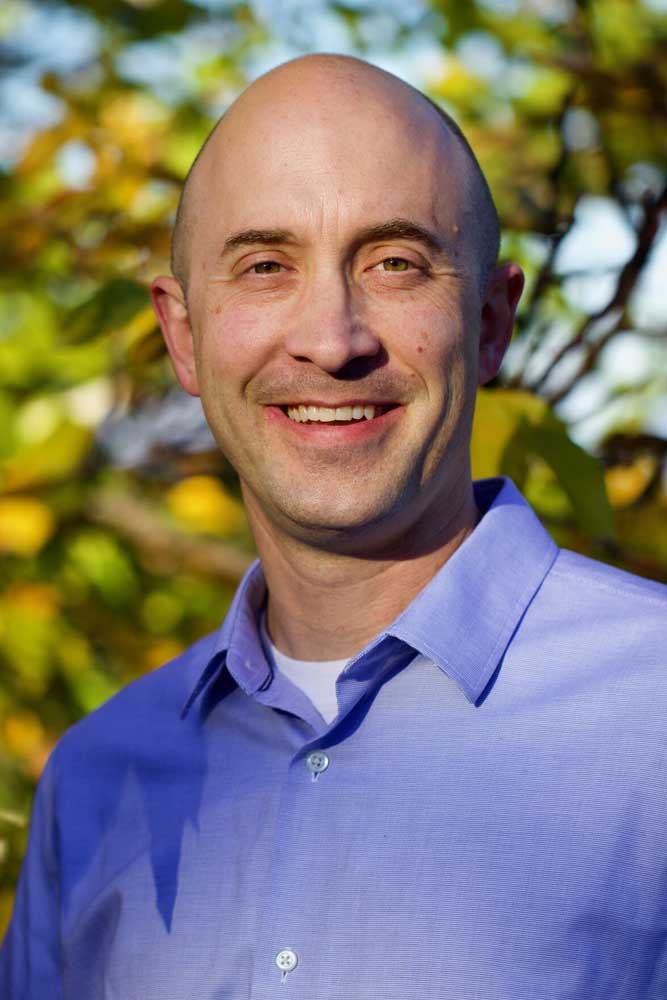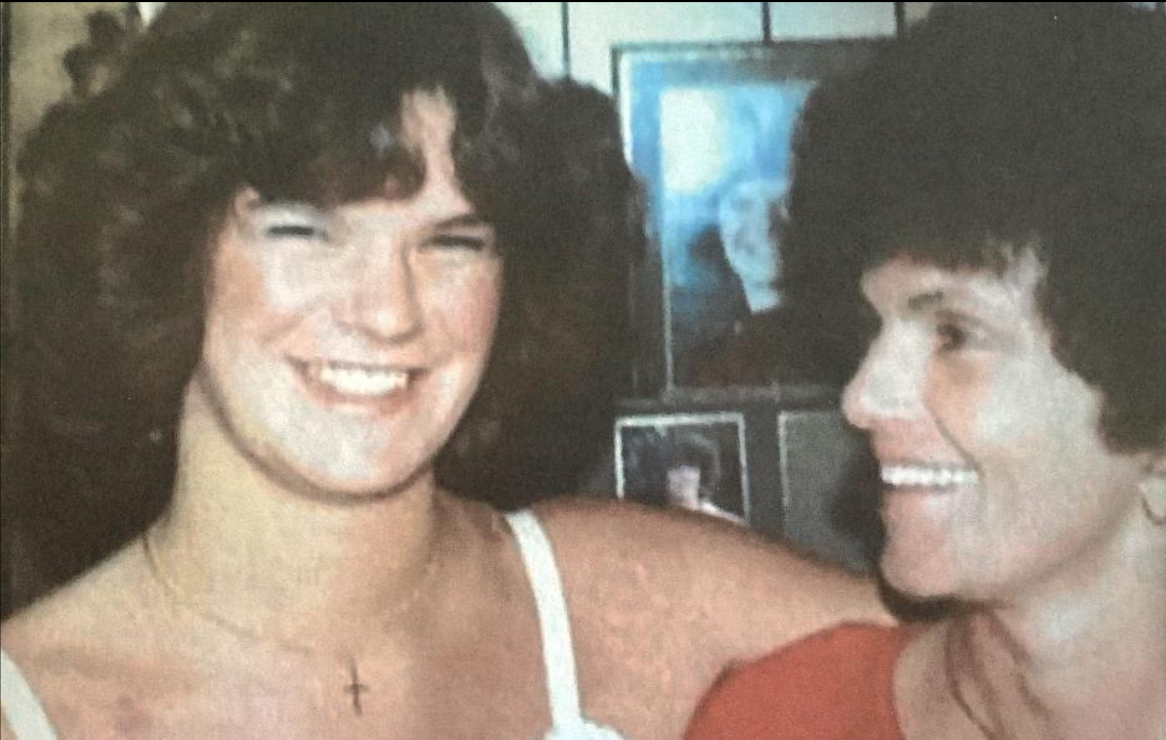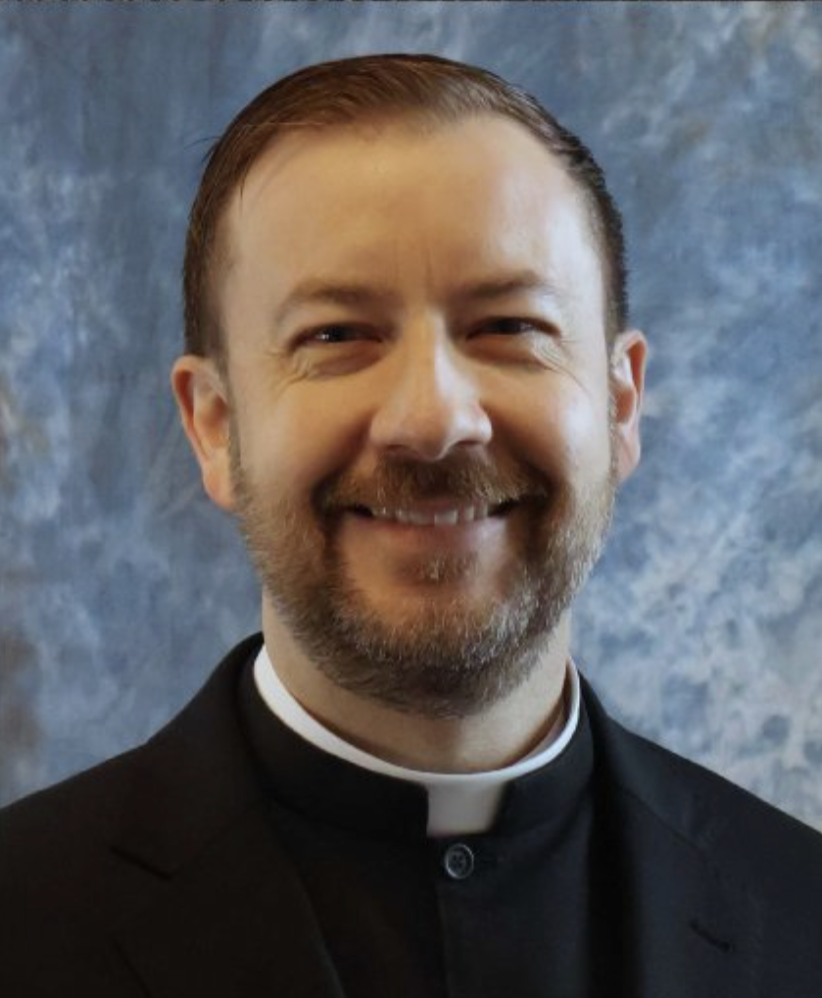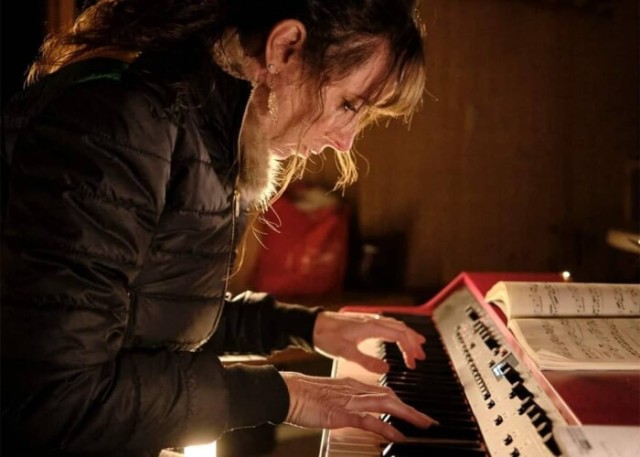Guest column: Protect our community’s health with wildfire prevention
Published 9:15 pm Wednesday, July 27, 2022

- Tatom
Like property owners across the state, last week I received a letter from the Oregon Department of Forestry informing me my home is at extreme risk of wildfire. This did not come as a surprise. After all, we live on the same property where, in 1996, the Skeleton Fire destroyed my childhood home and 18 other houses. That experience drives my service on the Deschutes County Project Wildfire Steering Committee and the Deschutes Rural Fire District board of directors. It’s also an important reason why I’m running to become a Deschutes County Commissioner.
Trending
We have many resources in Central Oregon to fight fires – local fire districts, state and federal agencies, and private companies like PatRick environmental. But the growth in fire frequency and intensity, along with a labor shortage, strains these resources and leaves us all with less protection, putting cities like Sisters, La Pine, even Bend and Redmond at risk of destruction.
That’s why last year, with the guidance of county forester Ed Keith and fire adapted communities coordinator Boone Zimmerlee, I organized my neighbors in the Sundance subdivision to do the work necessary to earn recognition as a Firewise USA community. The Firewise program provides a framework for neighborhoods to mitigate the risks of wildfire by collaborating on projects to harden homes against ignition and create defensible space. There are nearly 70 Firewise communities across Deschutes County.
As a Firewise community, Sundance became eligible for a grant from Deschutes County, and my neighbor Eric Moyerman, secured grant funding for a flammable fuels reduction event. I worked with my neighbors to clear brush and low tree limbs (so-called “ladder fuels”) with a special focus on the immediate zone of 5 feet surrounding their homes.
Trending
The event was a success, but the experience taught us that this model can only get us so far in preparing against wildfire. As important as it is for us all to take personal responsibility for the protection of our homes, there are many residents who are unable to do this work, especially our older neighbors with limited physical ability and fixed incomes. And there are others who simply refuse to take steps to protect their homes, and thereby increase the risk to their neighbors.
Senate Bill 762, passed by the Oregon legislature after the 2020 wildfires, seeks to address these gaps, investing more than $220 million in wildfire preparedness efforts. The bill funds creation of wildfire risk maps, development of statewide wildfire mitigation building code standards for new buildings, defensible space standards, and the establishment of the Oregon Conservation Corps to provide workforce training while actively working to reduce flammable fuels.
These programs are a great start, but there’s more work to do. Salem lobbyists are already working on behalf of developers and other special interests to reduce the bill’s impact, and the legislation does not provide any relief to homeowners struggling to find and maintain affordable fire insurance. And poorer communities without active homeowners associations, particularly those in the rural county most at risk from wildfire, need more support.
This is why it will be important for our Deschutes County Commission to keep close watch on the rules and money coming out of Salem. As your commissioner, I will work closely with state and regional leaders to ensure funding is distributed fairly and equitably. I will also advocate tirelessly for state leaders to hold insurance companies accountable so residents who are doing the necessary work to protect their homes and neighborhoods can be assured their insurance will remain in force and affordable.
Wildfires and smoke may be inevitable here in Central Oregon, but their worst effects don’t have to be. As your county commissioner, I’ll work to ensure we’re doing everything we can to manage the threat to our community’s health and safety.
Do you have a point you’d like to make or an issue you feel strongly about? Submit a letter to the editor or a guest column.








